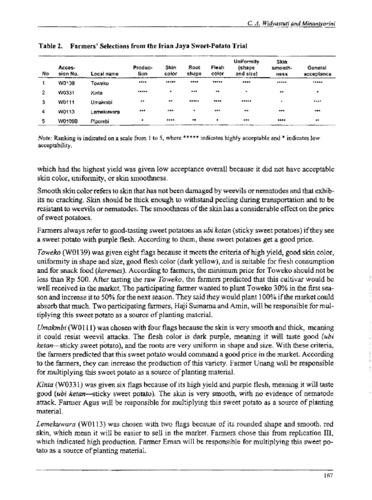Theoretical potential of biotechniques in crop improvement
For the past decade, biotechnology has been promising to deliver new methods and new types of variation to the plant breeder, but only in the last 2 or 3 years has this become a reality. A wide array of new molecular biology and genetic manipulation techniques is now available, which should enable plant breeders to produce improved plants more easily and to develop varieties and cultivars with higher and more sustainable yields, improved quality and composition, greater resistance to pests and diseases, and improved tolerance of climatic and edaphic stresses. Opinions on the use of genetic manipulation differ widely, but in our view, any technology that helps extend the range of variation and manipulate the genetic material of the plant has a role to play in developing new and improved crops. Obstacles that still exist in the application of biotechnology, particularly to important cereals and grasses, are likely to be overcome soon. Improvements will result from the application of a range of technologies, from those giving rise to single base changes to those that modify whole genomes. To effect these changes, plant breeders need to understand the potential of biotechnology, and biotechnologists, of the needs of breeders.

